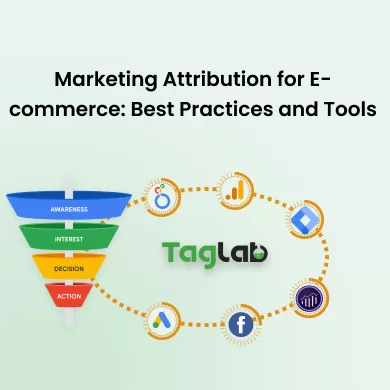Your cart is currently empty!
Social Proof Term Meaning
Posted by:
|
On:
|
Social Proof is a psychological and social phenomenon where people rely on the actions, opinions, or endorsements of others to determine their own behavior, especially in uncertain situations. In marketing, social proof refers to the use of testimonials, reviews, endorsements, and other forms of validation to build credibility and influence potential customers’ decisions.
Detailed Explanation
Social Proof plays a crucial role in influencing consumer behavior, as people are more likely to trust and follow the recommendations of others. There are several types of social proof used in marketing:
- Expert Social Proof: Endorsements from industry experts, influencers, or thought leaders that validate a brand or product’s credibility.
- Celebrity Social Proof: When a well-known celebrity endorses a product or service, leveraging their popularity and influence to persuade others.
- User Social Proof: Positive feedback from existing customers, including reviews, testimonials, ratings, and case studies that showcase real-world experiences.
- Wisdom of the Crowd: When a large group of people endorses a product, such as high ratings, large numbers of followers, or extensive social media engagement, it creates a perception of popularity and trustworthiness.
- Wisdom of Friends: Recommendations from friends or peers that people know personally, which often carry more weight than other forms of social proof.
- Certification: Approval or certification from a trusted third-party organization, indicating that a product or service meets certain standards or criteria.
By incorporating social proof into marketing strategies, businesses can build trust with potential customers, reduce skepticism, and encourage more conversions. It leverages the power of influence, demonstrating that others have had positive experiences, which can help sway undecided buyers.
Key Points
- What it is: A psychological phenomenon where people look to the actions, opinions, or endorsements of others to guide their own behavior, especially in marketing where testimonials, reviews, and endorsements build credibility.
- Why it matters: Social Proof helps build trust and credibility with potential customers, reducing skepticism and increasing the likelihood of conversion. It shows that others have had positive experiences, which can influence undecided buyers.
- How to use it: Incorporate expert endorsements, user testimonials, ratings, reviews, celebrity endorsements, and certifications into your marketing materials to build trust and influence purchasing decisions.
Examples
- E-commerce Website: An online store displays customer reviews and ratings on product pages, showcasing positive feedback from previous buyers to encourage new customers to make a purchase.
- SaaS Company: A software company features case studies and testimonials from well-known clients on its website, highlighting successful implementations and the benefits clients have experienced, thereby building credibility with potential customers.
Related Terms
- Testimonials
- Influencer Marketing
- Word of Mouth
- Trust Signals
Frequently Asked Questions
What is Social Proof?
Social Proof is a psychological and social phenomenon where people rely on the actions, opinions, or endorsements of others to determine their own behavior, especially in uncertain situations. In marketing, social proof refers to the use of testimonials, reviews, endorsements, and other forms of validation to build credibility and influence potential customers’ decisions.
Why is Social Proof important?
Social Proof is important because it helps build trust and credibility with potential customers, reducing skepticism and increasing the likelihood of conversion. It leverages the influence of others to show that a product or service is reliable and valued by others, making it more likely that new customers will make a purchase.
How can businesses effectively use Social Proof?
Businesses can effectively use Social Proof by incorporating expert endorsements, user testimonials, ratings, reviews, celebrity endorsements, and certifications into their marketing materials. Displaying this proof on websites, product pages, advertisements, and social media can help build trust and influence purchasing decisions.



